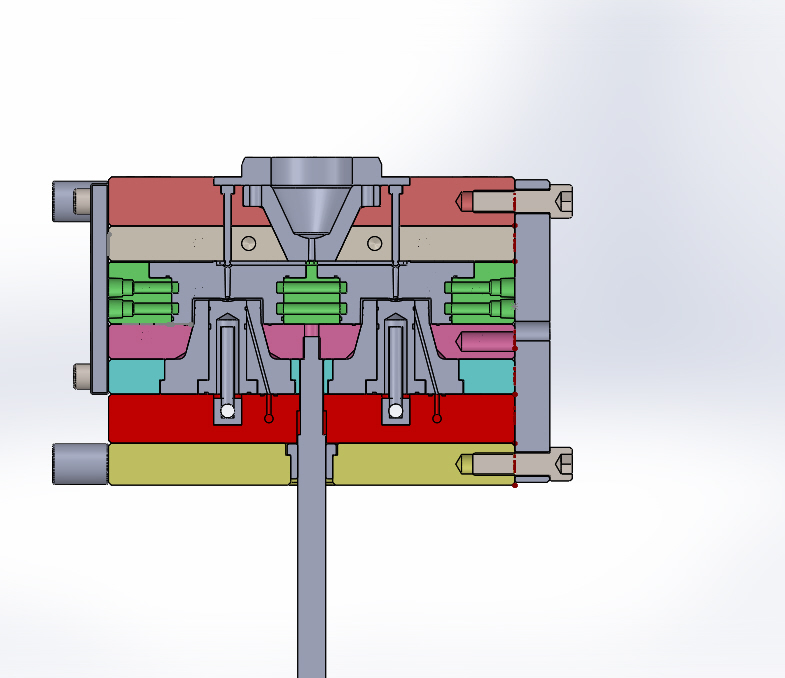- Home
- Lean Principles
- Machine Selection
- Mold Design
- Mold Interlocking
- Mold Making
- Plastic Material Technology
- Molding Process
- Plastic News
- What's New
- Privacy Policy
- Disclaimer
- Site Map
- Poll
- Polishing
- 3D Rapid Prototyping
- Molding Companies
- Contact Us
- Proven Thinwall Packaging Mold Designs For Sale
- MOLD WEIGHT CALCULATOR
- HOT RUNNER VERSUS COLD RUNNER
Production Calculators
The production calculators below will calculate the answers to 3 of the most common scheduling questions in an injection molding plant:
- What is the production rate?
- How long will it take to complete each production run?
- How much plastic material will be required for each production run?
Production Rate
Use this calculator to find the number of parts produced per hour given cycle time & number of cavities in the mould.
Reduce the cycle time by just 1 second to see how many more parts can be made per hour. The more parts made per hour the lower the part cost.
Production Time
Use this calculator to find the time required to complete a production run given the part quantity, cycle time & number of cavities in the injection mold.
Reduce the cycle time by a small amount to see the overall reduction in the production time. For example, if a single cavity mould is required to produce 20,000 parts with a 19 second cycle time then the number of hours required is 105.6hours. However, if the cycle time is reduced to 18 seconds then the time is reduced to 100.0 hour. That’s more than 5 hours less which not only makes the production run cheaper per part but also makes the moulding machine available much sooner for the next production run.
Production Calculators for
Plastic Material Requirement
One of the most useful production calculators is a material requirement calculator.
Use this calculator to not only find out quantity of material required to produce a given number of parts but also to work out material savings when comparing a hot runner mould to a cold runner mould. For example, a 2 cavity cold runner mould making handles for buckets – the handle weight is 20 grams and the runner weight is 8 grams per shot. So for a 50,000 production run 1200kgs of material is required. However, if the same 2 cavity mold is converted to a hot runner then the amount of material required is 1000kg which is 200kgs less resulting in a saving of hundreds of dollars.
Although the cost of a hot runner mould is more than a cold runner mould this cost difference must be compared against the cost of managing the regrind (paying employees to feed cold runners into a grinding machine then blending it with virgin material). On top of this, the cost of a grinding machine itself along with the electricity cost must be included.
If the quantity of parts required are large enough then the extra cost of a hot runner will be justified. Even better, hot runners will generally have shorter cycle times than cold runner moulds meaning your production time will be lower.
Return from Production Calculators to Plastic Injection Molding Machine





